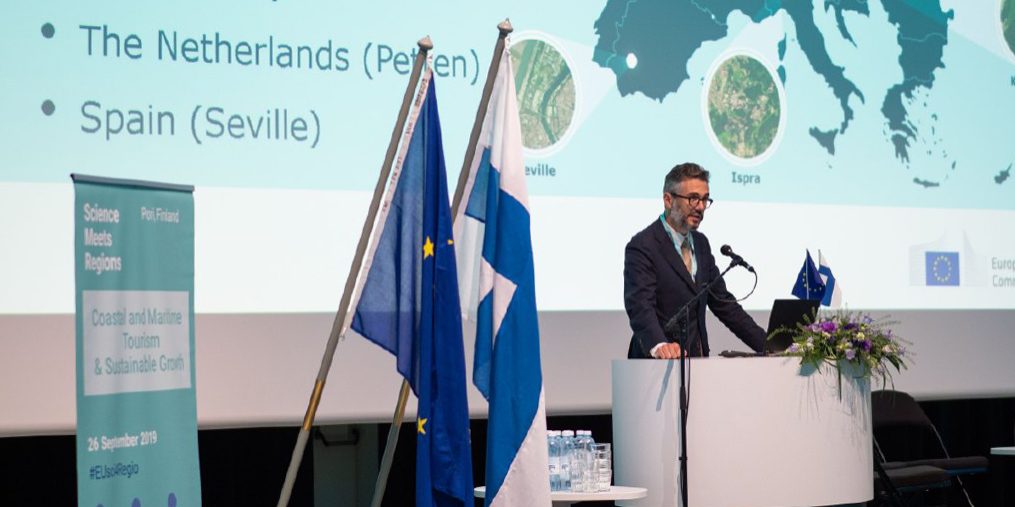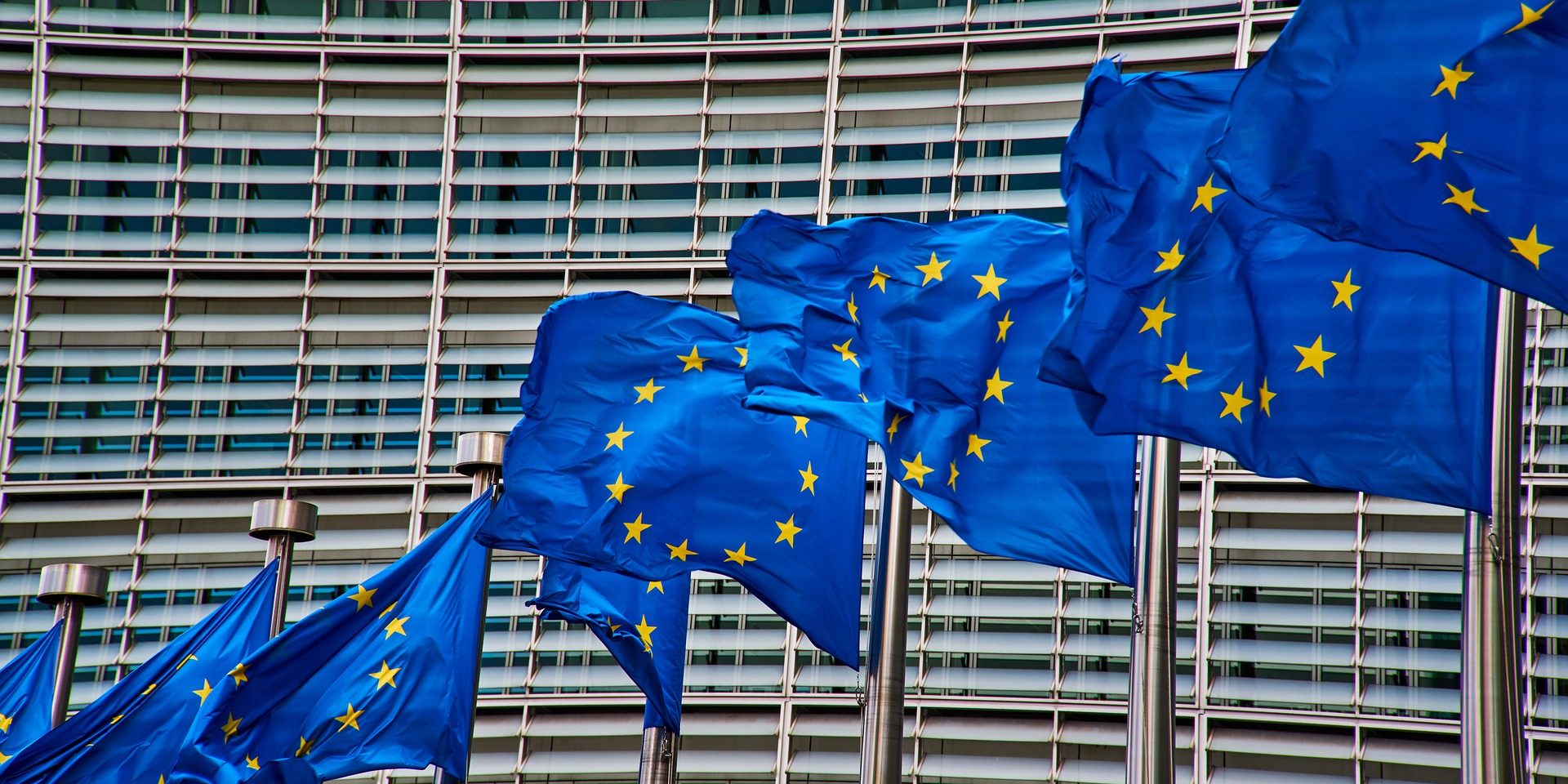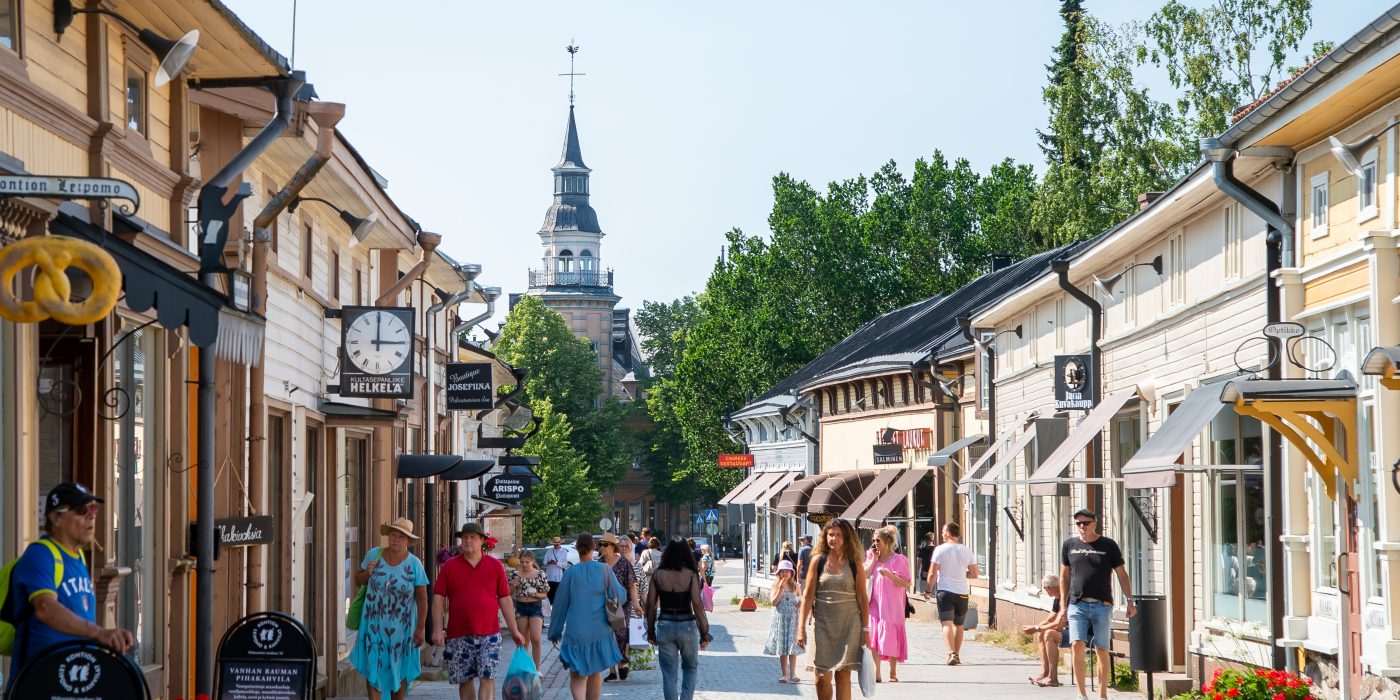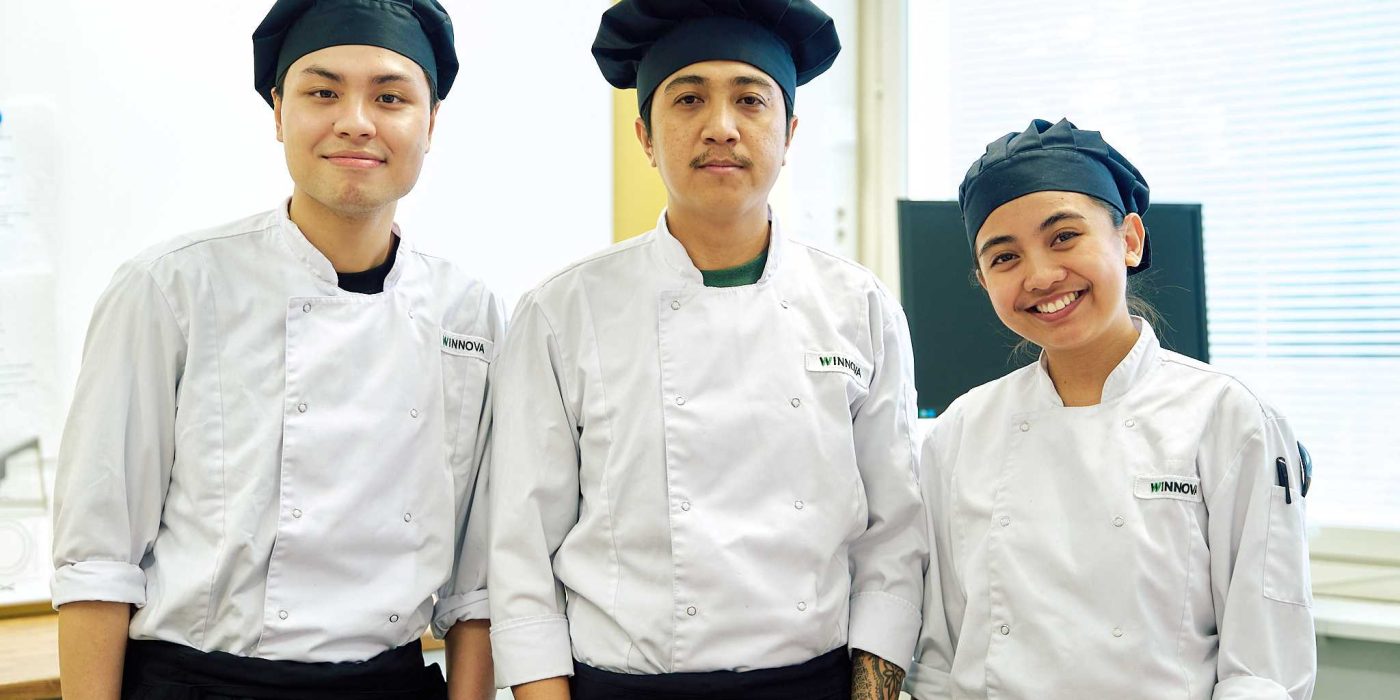We develop: Coordinating European tourism development work
International EU-funded projects are important for SAMK’s Center for Tourism Business Development, as they help to ensure the coherent development of tourism in the region in relation to other European regions. At the same time, best practices from other parts of Europe can be brought to Satakunta and current challenges of the sector can be solved together.

The Center for Tourism Business Development brings Satakunta and European tourism development activities together
In order to develop tourism in European cooperation, it is necessary to have a thorough understanding of the European Union's regional development objectives in tourism. At European Union level, the priorities for tourism development are sustainability, resilience, digitalization and socialization, i.e. employment and skills development. At the Baltic Sea level, the aim is to make the maritime region a sustainable destination, which is why the region is particularly encouraged to develop sustainable tourism at destination and product level and to increase green and digital skills.
In international cooperation, partnerships are the key to success. International EU projects are usually implemented in cooperation between 5–13 partners. This is why the Center for Tourism Business Development has extensive networking activities, especially in the Baltic Sea region and elsewhere in Europe. Partners include secondary and higher education institutions, public authorities such as regional associations, and national and European umbrella organizations in the tourism sector.
When planning a project, it is important to have an in-depth discussion with partners about the actual objectives and activities. Even if the partners are from neighboring countries, the understanding of the development topics may be very different in different countries and cultures. In addition, the level of activity on the topic to be developed, such as sustainable development or digitalization, may vary between the countries involved in the project. It is important to understand these differences from the very beginning of the project design phase in order to learn from each other during the project and jointly harmonies practices. In addition, it is important to define what is the challenge that the project is addressing in the tourism field at the European level.

How has tourism in Satakunta been promoted through European cooperation?
The Center for Tourism Business Development has implemented, is implementing and plans tourism development activities in European cooperation. In the last European Union funding program period 2014-2020, SAMK led three international tourism projects in the Baltic Sea region.
The Central Baltic BOOSTED project integrated business skills in tourism and developed a new curriculum in cooperation with three countries. The NatureBizz project in the Central Baltic examined the skills needs of nature entrepreneurs in Finland, Sweden, Estonia and Latvia and created a training package to strengthen the business skills of nature entrepreneurs. In addition, the BalticBlueMarinas project, which covers the Baltic Sea region, identified the potential and development needs of guest marinas as attractive destinations in the Baltic Sea.
In winter 2021-2022, the Center for Tourism Business Development coordinates the development of maritime tourism expertise in Europe's cold sea regions: the Baltic Sea, the North Sea and Europe's North Atlantic. This ongoing Skills4CMT project will identify the changing skills needs of maritime tourism, create and pilot a common training package.
At the same time, the development center is building new networks and projects to boost current tourism needs such as employment and the circular economy through international cooperation.



